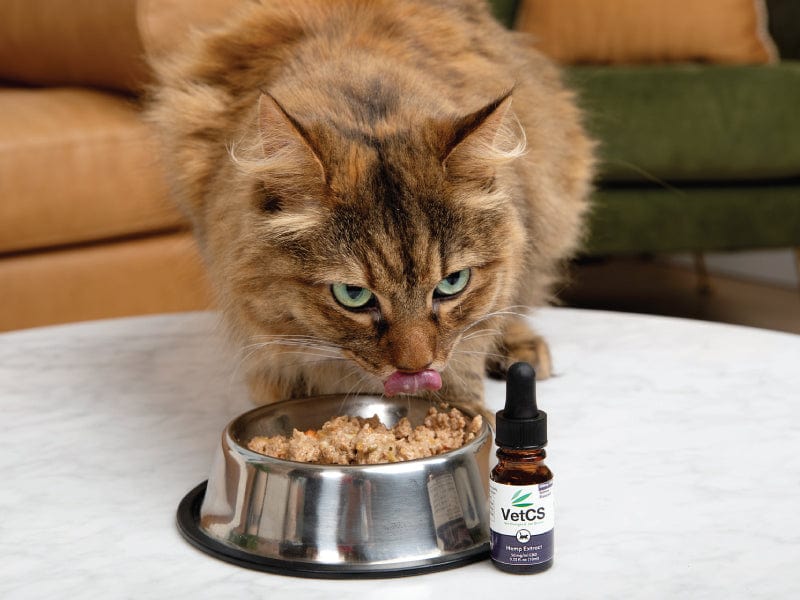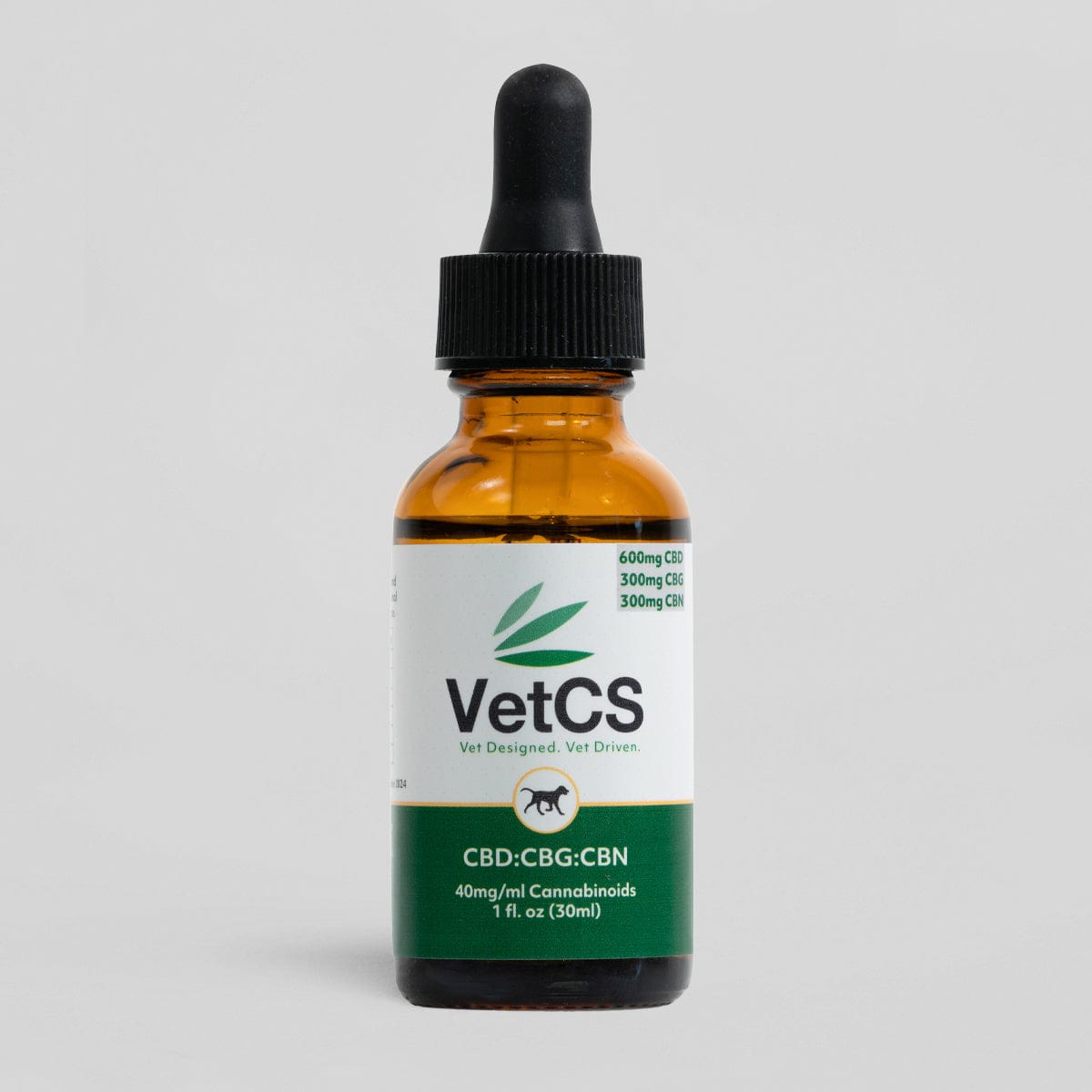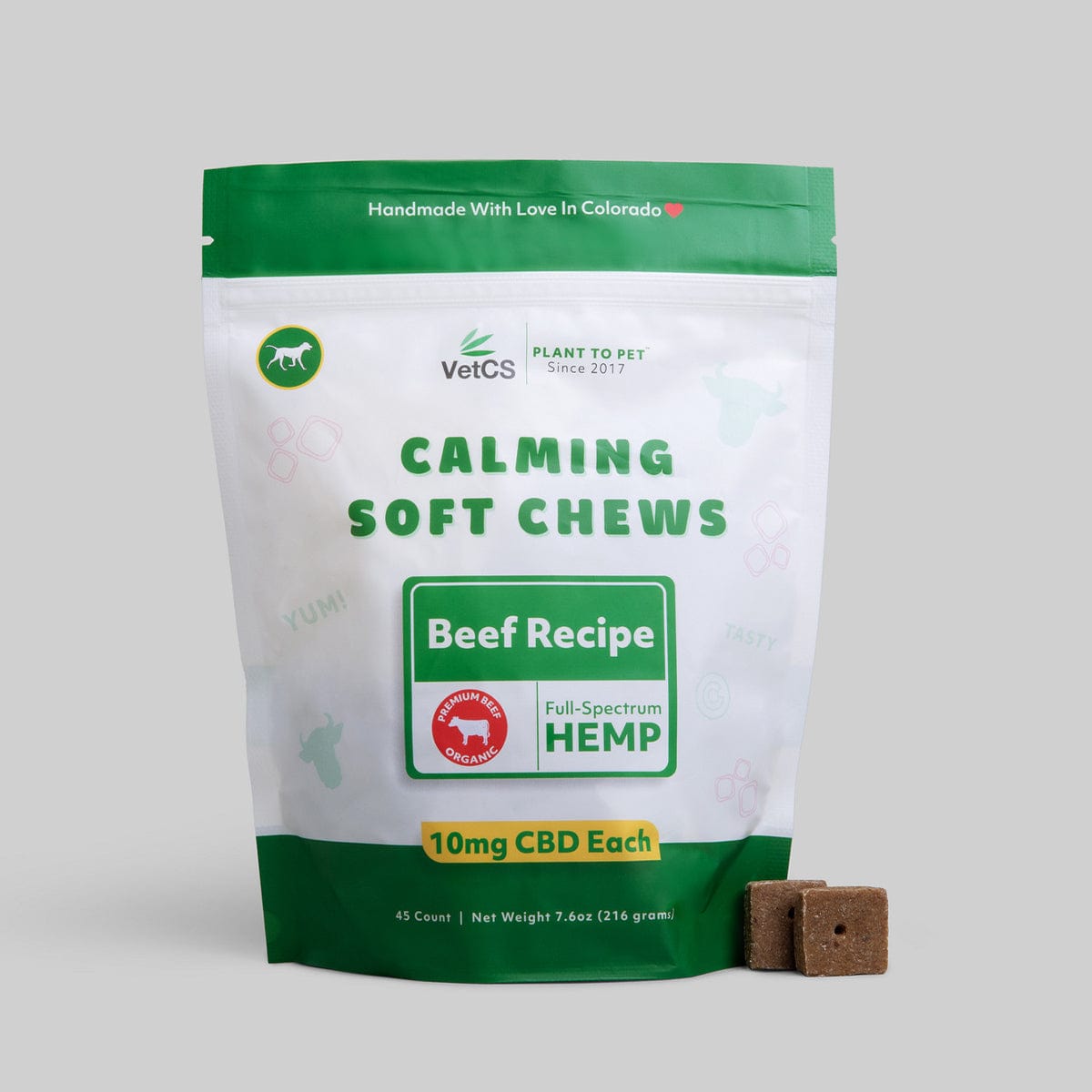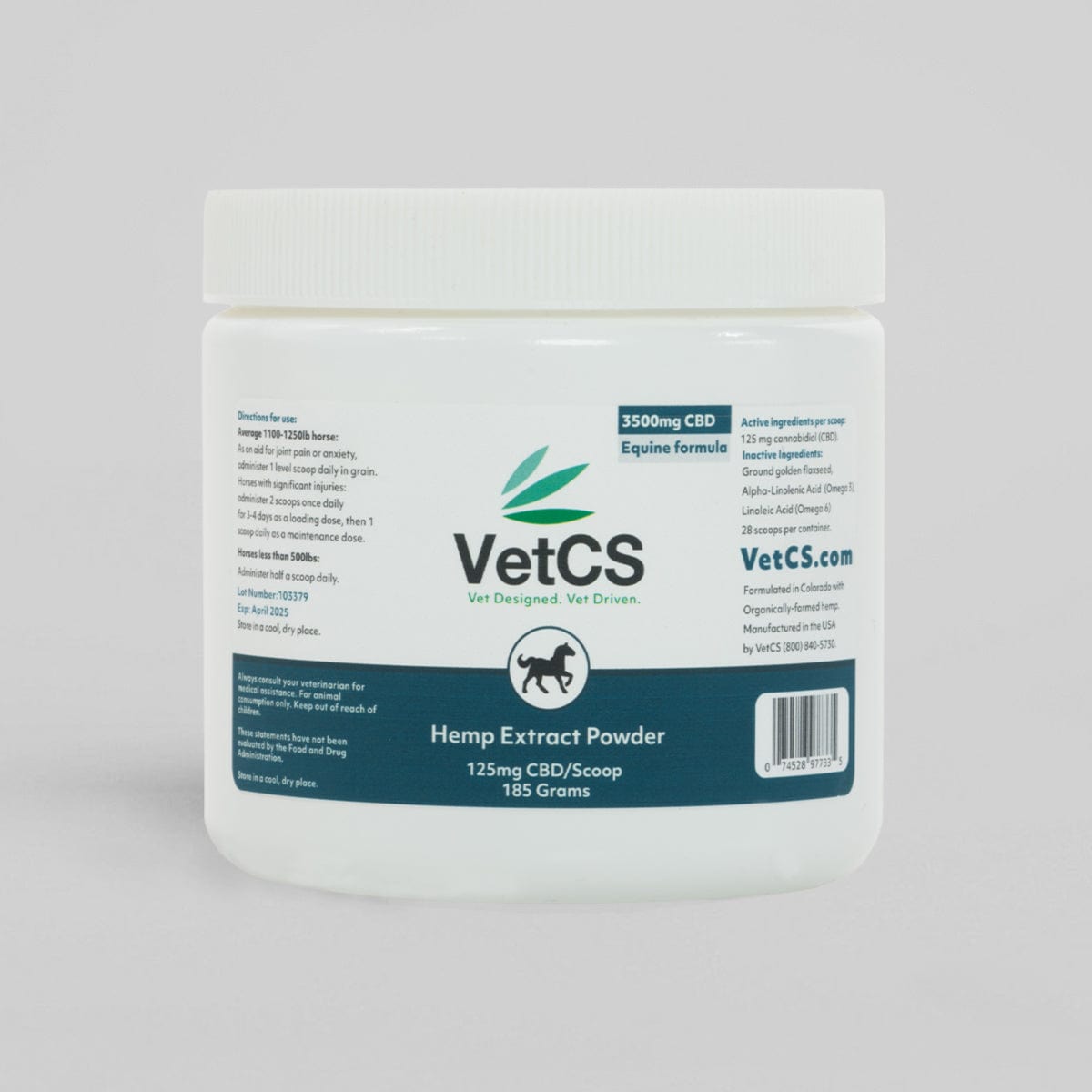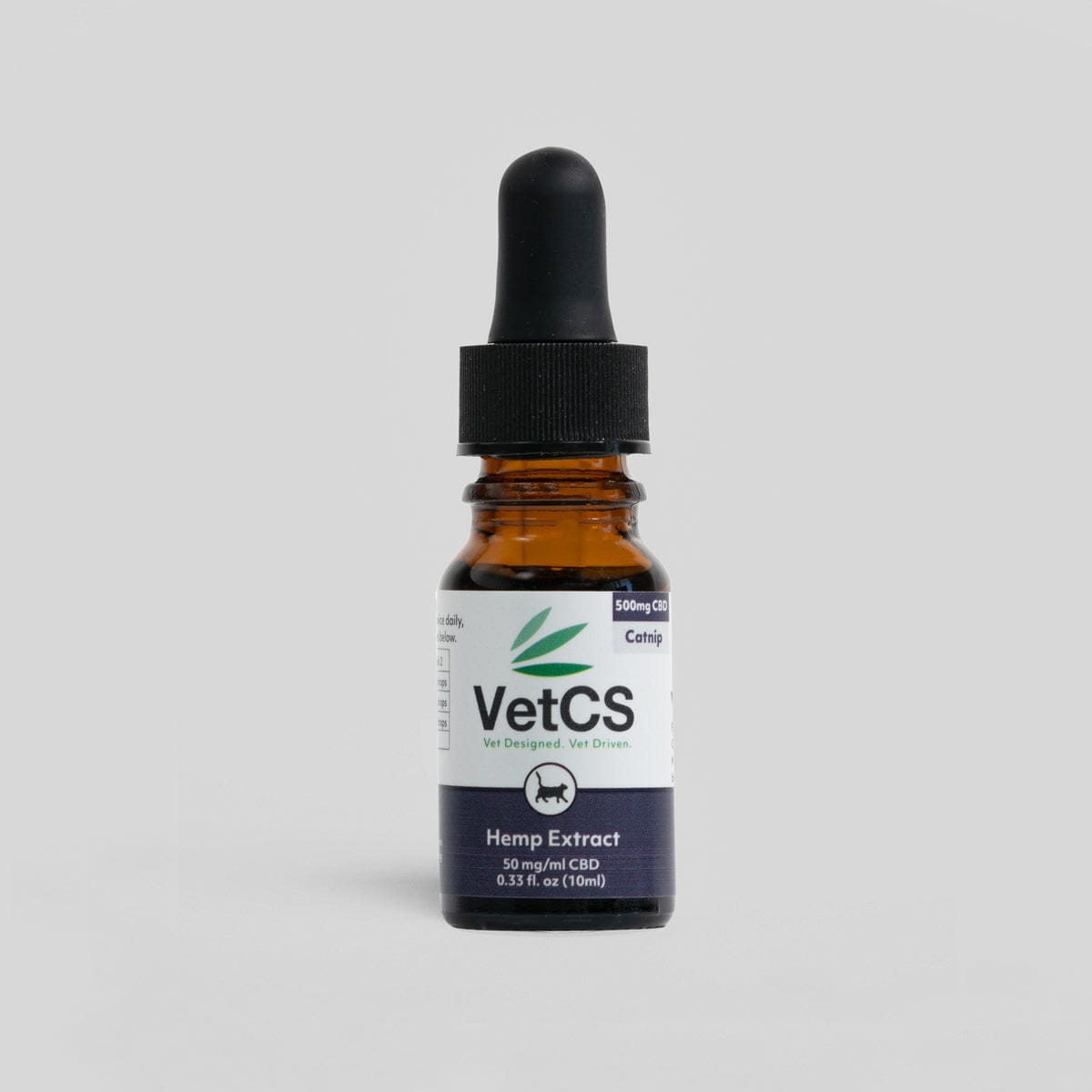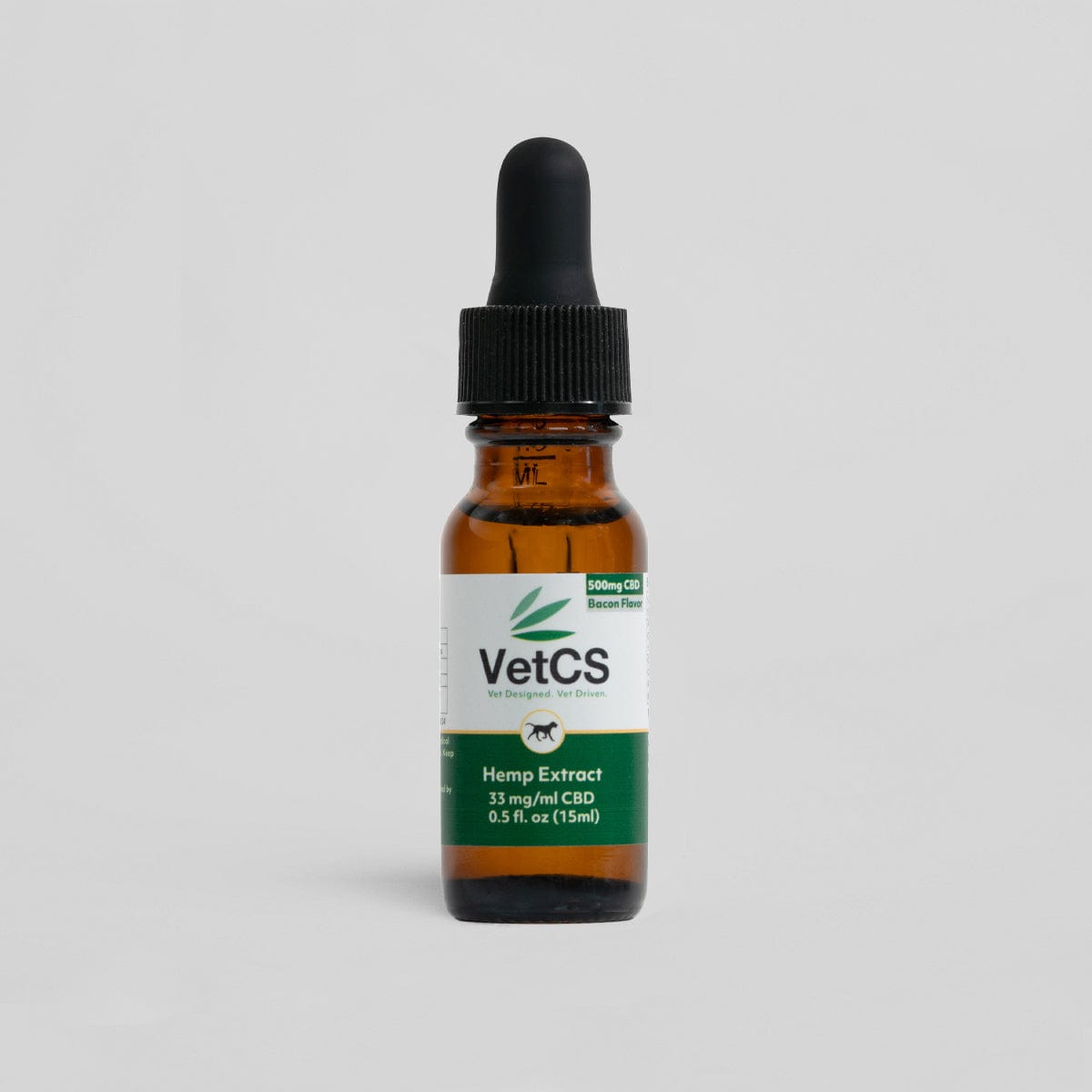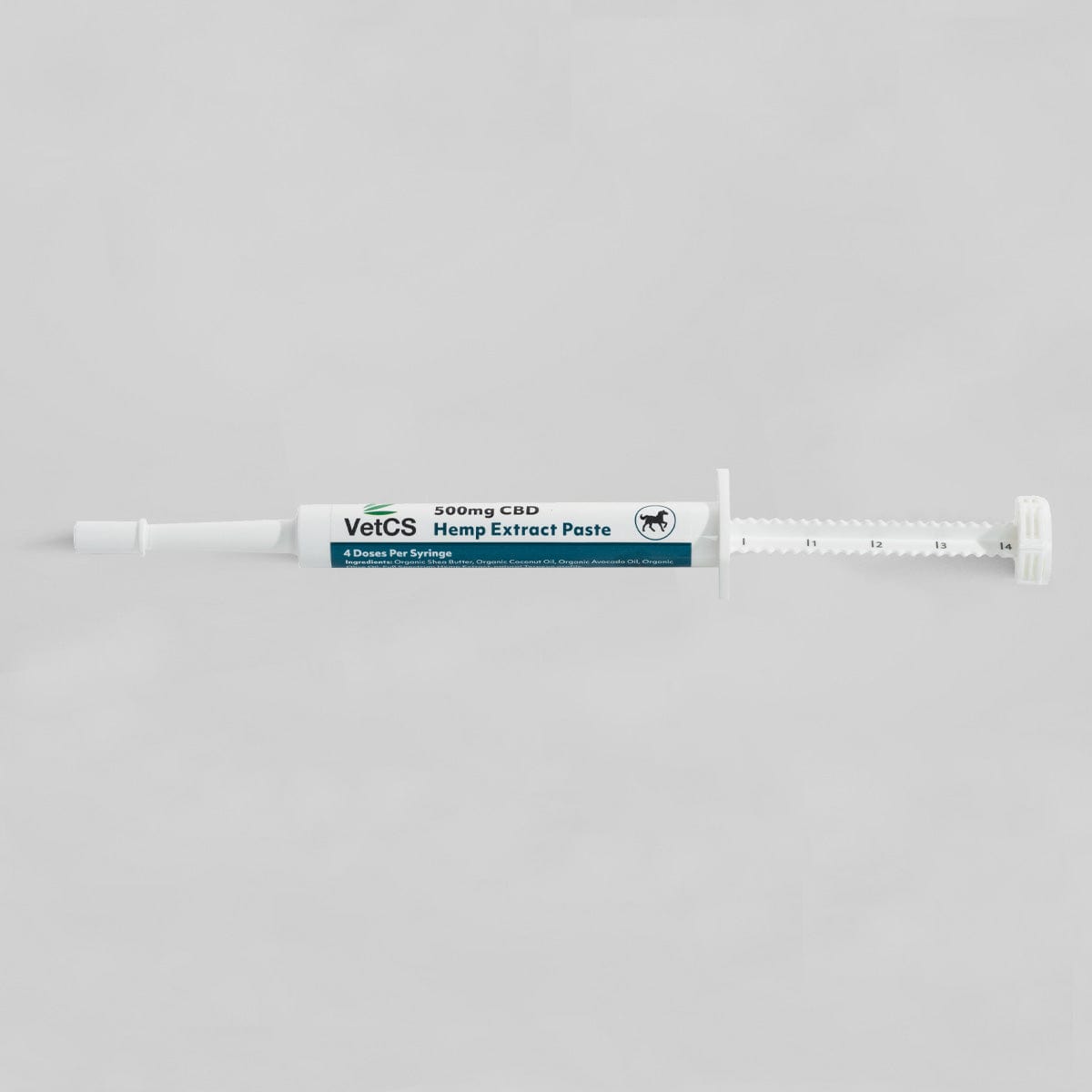We’ve all seen it: CBD cured the neighbor’s bulldog with allergies; that former coworker’s sister’s cat no longer urinates on the carpet; the groomer who sells their own homemade CBD said it stopped a client’s Golden Retriever from having seizures; and let’s not forget, the high-strung bull terrier who will otherwise destroy the house during thunderstorms now sleeps like a baby through every thunderclap and firework display!
So why, when you tried to give CBD oil a go for your own pet, did it not seem to do much at all? Was it even worth trying? Maybe you think your pet just doesn’t respond to it. The product you bought was given so many good reviews on that online retailer, after all. Is CBD really just the next blindingly bright star that will fizzle out and disappear in the next five years? Before you go chalking it up as snake oil (although, there are MANY brands which are worth no more than the label slapped haphazardly on their bottles) check out these eye-opening reads: (https://www.ncbi.nlm.nih.gov/pmc/articles/PMC5818782/) (https://www.dovepress.com/cannabinoid-terpene-and-heavy-metal-analysis-of-29-over-the-counter-co-peer-reviewed-article-VMRR)
To get the most out of a quality CBD product we must first start by asking yourself WHY you want your pet to be on a CBD product.
The first step to beginning any kind of medicinal or supplemental regiment for our pets should always be to establish a valid reason. Are you just doing it because your dog gets a little too hyper and it annoys your guests, or their barking disturbs your neighbors? Consider addressing the issue with a credentialed veterinary behaviorist and a recommended trainer that used positive reinforcement. Is your cat overgrooming and causing trauma? Make sure you’ve ruled out external parasites, such as fleas. Did your dog have what you think was maybe a seizure? Better get checked out by a veterinarian and maybe even a veterinary neurologist if it’s got you worried about more happening in the future. Without asking yourself why you want to start a CBD product, your goals are largely unknown and therefore, appropriate dosing and anticipated results are going to be inconsistent at best. At worst, you wind up with a product that may actually do harm. At VetCS we are run by actual veterinary professionals, not like some companies who pay a veterinarian to be the face for their product- so, our intention is to be honest and transparent with interested owners.
Of course, we believe that CBD products do have a lot of promise for the myriad of suggested uses, yet it is more important to us that we recognize what the research available actually demonstrates versus claims made by the general public about the ailments it “cures.”
We also must be cognizant of the fact that CBD products are definitely not without unintended side effects. Some of the changes within a body system are relatively benign; we know that administration of CBD, albeit rare, can cause an increase in alanine transaminase (ALT) in cats, alkaline phosphatase (ALP) in dogs (also not common), both liver enzymes used to metabolize different things. These elevations are not suspected to be harmful though more studies are being done to confirm. Prior to beginning CBD therapy, it’s good to know if there are any pre-existing concerns with the liver since CBD is metabolized by the liver. Additionally, high dose and long term CBD administration can disrupt otherwise normal blood clotting (similar to people that take aspirin daily), which may result in greater-than-normal bleeding, especially in patients undergoing surgical procedures. Although rare, these are possibilities that all pet owners should be aware of and out of an abundance of caution should consider having baseline bloodwork to help rule out any possible life-threatening conditions not associated with CBD administration.
Keeping in mind the goals for CBD therapy and what to look out for in both a product and your pet’s physical status, we can move forward with knowing when and how CBD products can be of substantial value to our pets and our patients. The benefits associated with the use of CBD in canine patients with osteoarthritis have certainly been well-documented and we can feel more secure in the knowledge that these patients will often show improvement when started on a high-quality CBD at appropriate dosing. Aging pets who have been trialed on many prescription medications – non-steroidal anti-inflammatories (NSAIDs), oral opioids, other joint health supplements, to name a few – and just can’t seem to bounce back after months of treatment are great candidates for CBD therapy.
Epidiolex, a human-approved CBD product meant as an adjunctive treatment for severe seizures in epileptic human patients, shows great promise for individuals whose epilepsy remains poorly controlled despite conventional anticonvulsant therapy. The research conducted prior to human model research shows promise for the use of CBD products in epileptic pets with the guidance of a veterinarian or veterinary neurologist.
Lastly, it’s important to keep in mind that the amount of CBD-related veterinary research is only in its infancy with still many studies on-going and needed. While we all want to provide the best care for our pets, especially with the use of novel therapies that have largely been touted as a cure-all, we must remember not to rush forward with unfounded claims. At VetCS we are lucky to have a close relationship with researchers working on these studies that help guide our dosing, product development, and allow us to give pet owners like yourself science-backed information.





